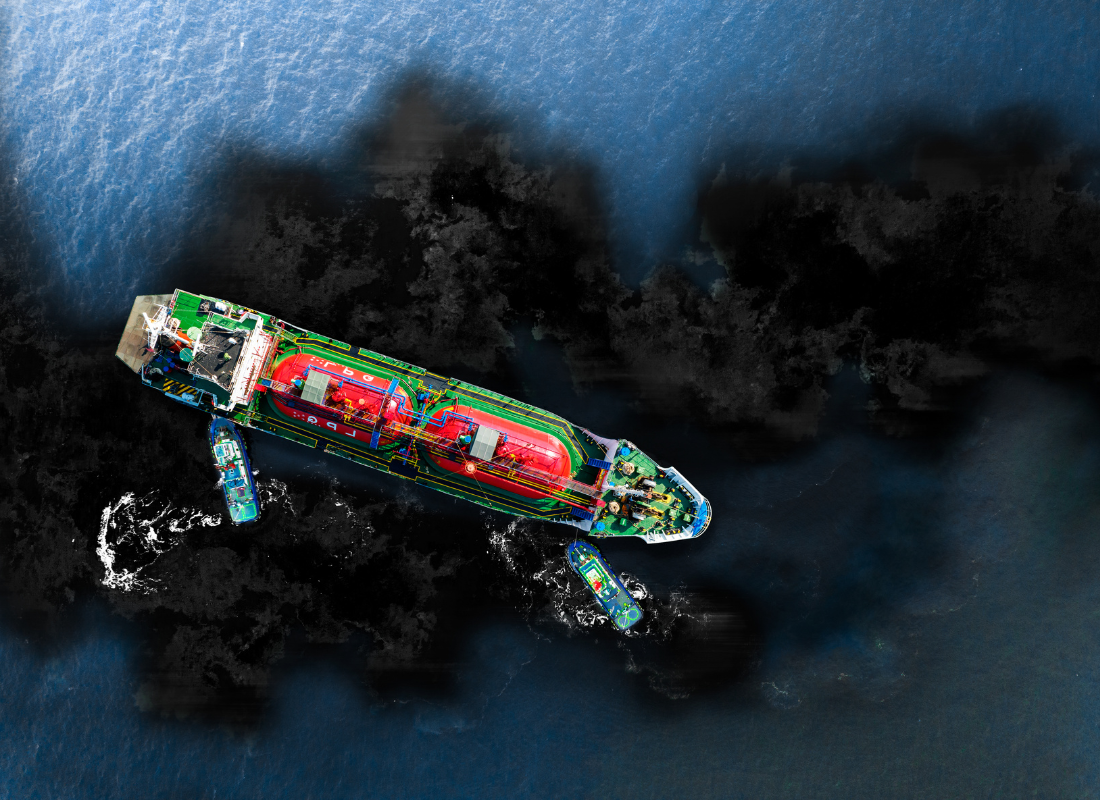
Oil spills represent catastrophic events that have severe and lasting consequences for marine ecosystems. As our reliance on fossil fuels persists, understanding the long-term impact of oil spills on ocean health becomes increasingly critical.
This article delves into the far-reaching effects of oil spills, examining the damage inflicted on marine life, ecosystems, and the delicate balance of our oceans.
Immediate Impact on Marine Life
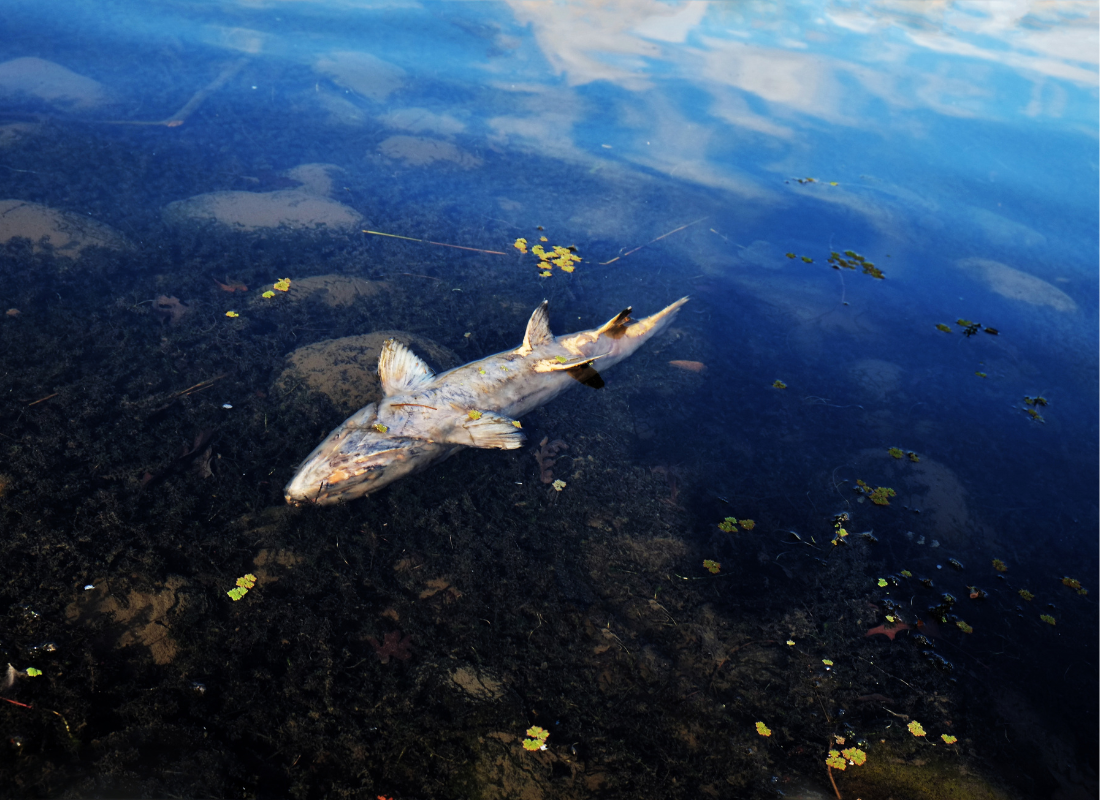 Oil spills create immediate and devastating effects on marine life. The toxic compounds in crude oil can harm fish, marine mammals, and other organisms, leading to suffocation, impaired reproduction, and disruptions in their feeding behaviors.
Oil spills create immediate and devastating effects on marine life. The toxic compounds in crude oil can harm fish, marine mammals, and other organisms, leading to suffocation, impaired reproduction, and disruptions in their feeding behaviors.
The visual spectacle of oil-coated wildlife highlights the urgent need for swift response and mitigation efforts.
Oil spills have profound economic consequences, particularly for communities dependent on fisheries. The contamination of fishing grounds and the decline in fish populations directly affect the livelihoods of those relying on the ocean for sustenance and income.
These economic repercussions can endure for years, exacerbating social and economic inequalities.
Ecosystem Disruption
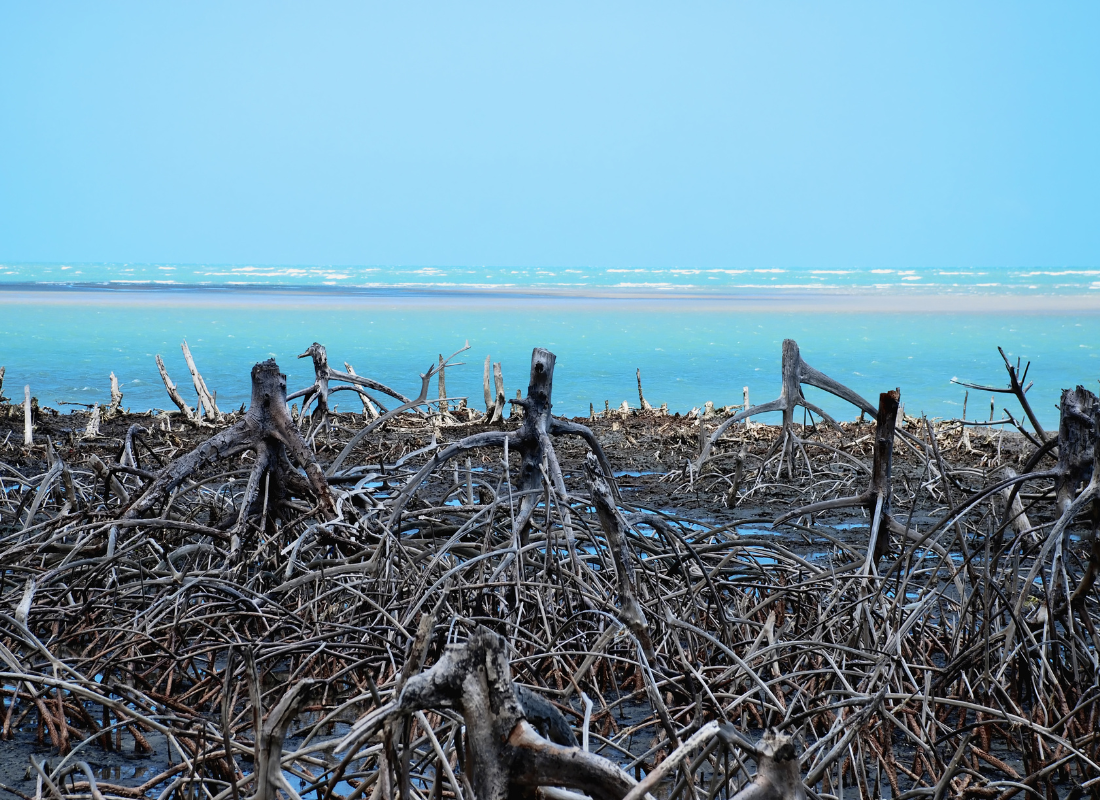 Beyond the immediate casualties, oil spills disrupt entire ecosystems. Coral reefs, mangroves, and estuaries face degradation as oil settles on their surfaces, smothering and killing sensitive organisms.
Beyond the immediate casualties, oil spills disrupt entire ecosystems. Coral reefs, mangroves, and estuaries face degradation as oil settles on their surfaces, smothering and killing sensitive organisms.
The intricate web of interactions within these ecosystems unravels, leading to cascading effects on species diversity and abundance.
The aftermath of an oil spill extends far beyond the initial event. Residual oil can persist in sediments and waters for years, continuing to poison marine life and accumulate in the food chain.
This chronic exposure has lasting implications for the health of fish stocks and the consumers, including humans, dependent on these marine resources.
Bioaccumulation and Biomagnification
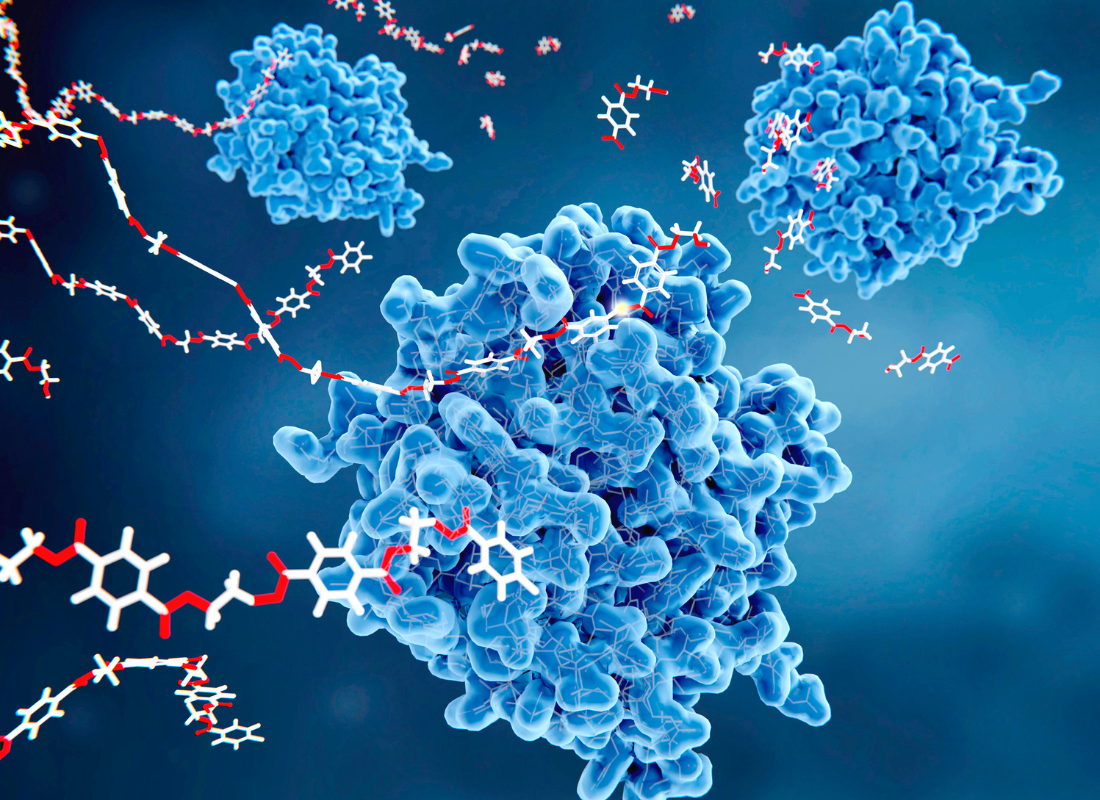 Oil spills, by introducing toxic substances into marine environments, set off a chain reaction of bioaccumulation and biomagnification.
Oil spills, by introducing toxic substances into marine environments, set off a chain reaction of bioaccumulation and biomagnification.
Small organisms, such as plankton and fish, absorb these contaminants, acting as conduits for the concentration of toxins as larger predators consume them.
This process poses acute threats not only to individual species but also to entire marine food webs. As toxins accumulate and magnify, the ecological balance is disrupted, leading to heightened vulnerability and long-term consequences for the health of the entire ecosystem.
Impact on Reproductive Success
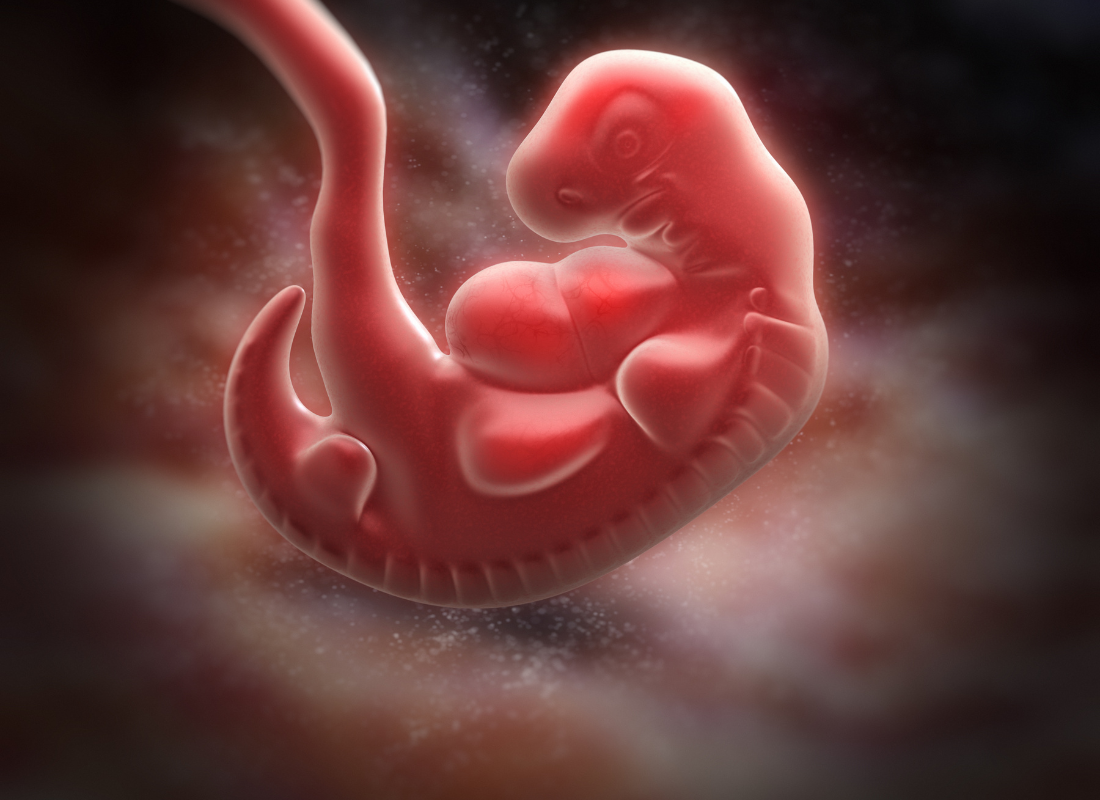 The repercussions of oil spills on marine reproductive success are multifaceted and enduring.
The repercussions of oil spills on marine reproductive success are multifaceted and enduring.
Exposure to oil compounds can result in deformities in embryos, affecting the early stages of development. Beyond physical deformities, oil-induced disruptions contribute to reduced hatching success, compromising the next generation’s viability.
The consequences extend to diminished reproductive capacity, intensifying the challenges faced by already vulnerable populations. This impairment in reproductive success becomes a persistent hurdle, hindering the recovery and resilience of marine species in the aftermath of oil spill events.
Effect on Turtles
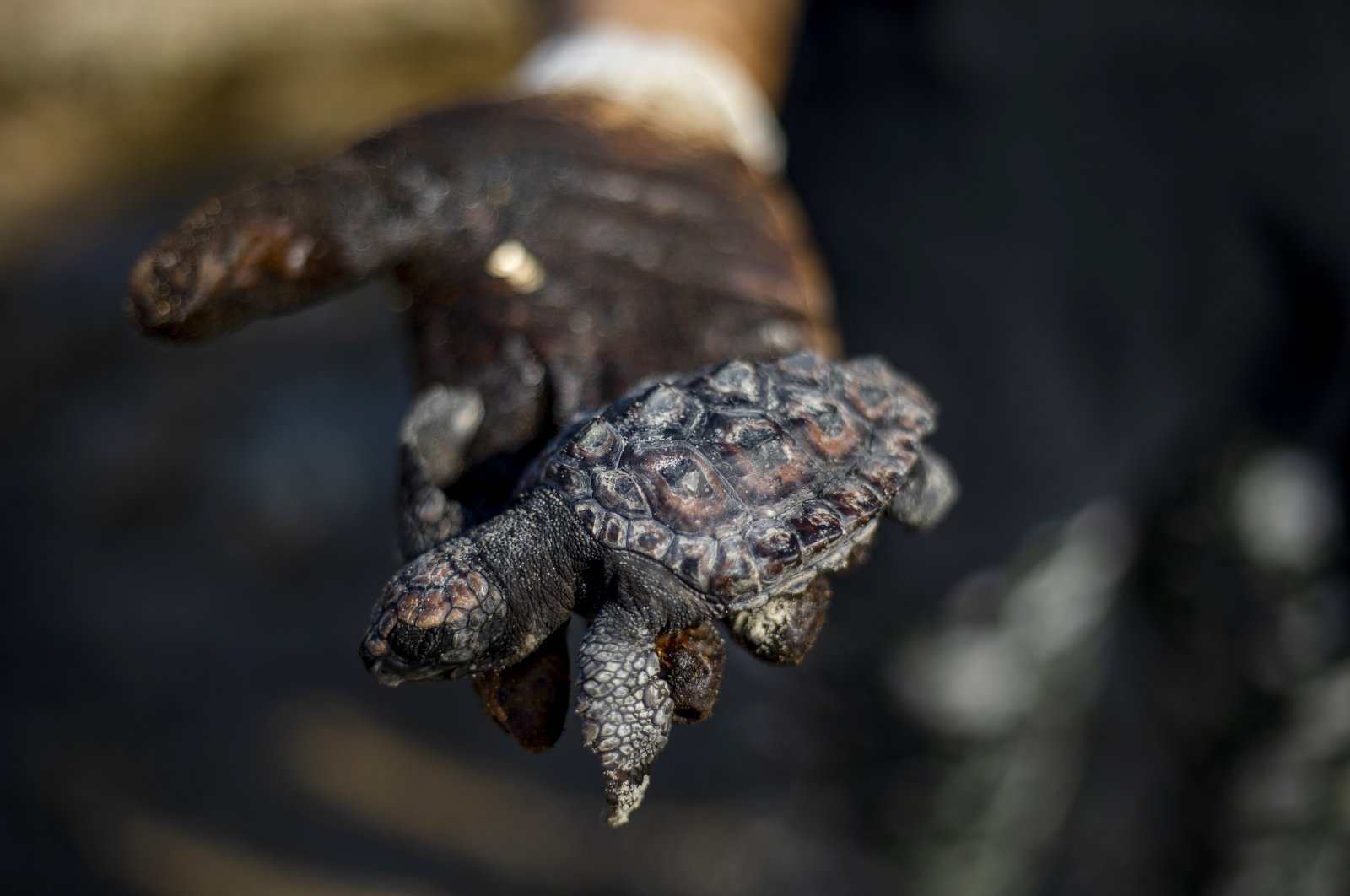 Turtles, being highly vulnerable to oil spills, face severe consequences. Oil-contaminated waters and shorelines pose a direct threat to turtles, impacting their nesting sites and foraging areas.
Turtles, being highly vulnerable to oil spills, face severe consequences. Oil-contaminated waters and shorelines pose a direct threat to turtles, impacting their nesting sites and foraging areas.
The ingestion of oil-contaminated prey disrupts their feeding patterns and can lead to internal health issues. Additionally, oil exposure hampers the reproductive success of turtles, as it can affect the viability of their eggs.
The long-term consequences for turtle populations, already under threat, emphasize the need for targeted conservation efforts and comprehensive strategies to mitigate the specific challenges posed by oil spills.
Mitigation and Restoration Efforts
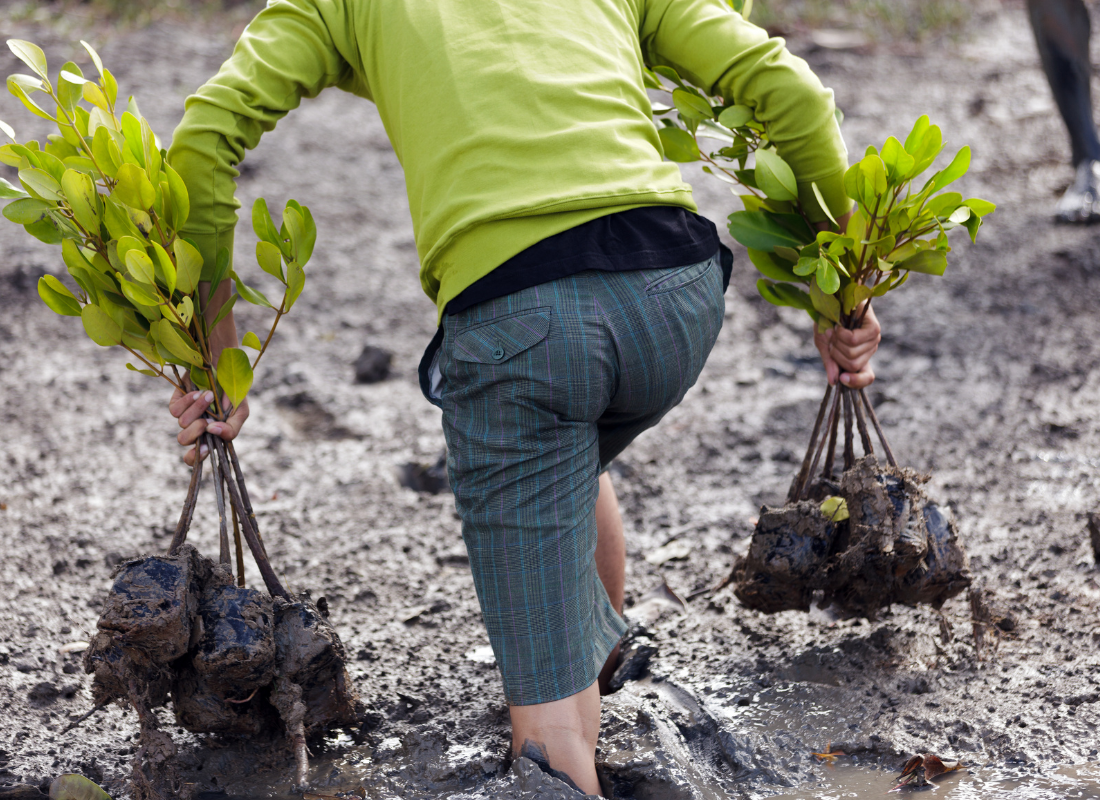 Mitigating the impacts of oil spills necessitates a multi-faceted approach.
Mitigating the impacts of oil spills necessitates a multi-faceted approach.
Bioremediation, the use of oil-degrading bacteria, represents a proactive method to break down and remove oil from affected areas. Physical containment measures, including booms and barriers, aim to restrict the spread of oil, limiting its impact.
Additionally, restoration projects play a crucial role in revitalizing ecosystems post-spill. Planting vegetation in affected areas and implementing habitat rehabilitation projects contribute to the recovery of biodiversity and overall ecosystem health.
The combined efforts of mitigation and restoration are essential steps in minimizing the long-term consequences of oil spills on marine environments.
Conclusion
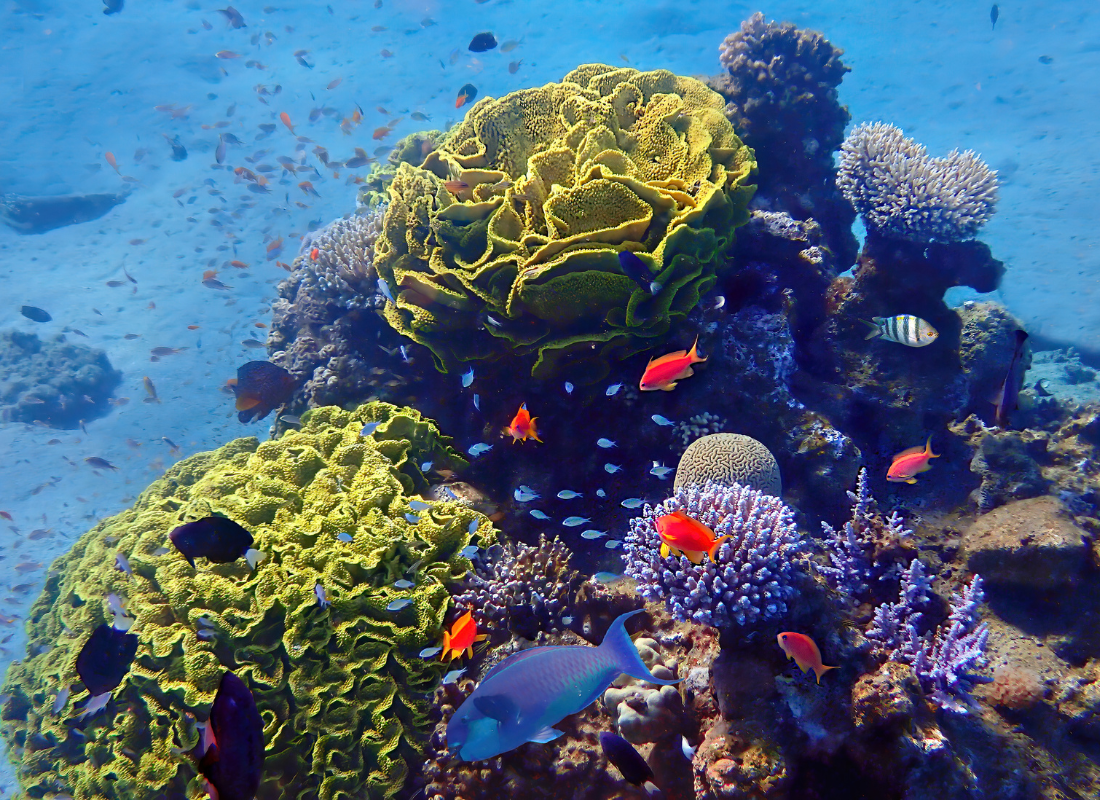 Oil spills cast a long and dark shadow over the health of our oceans, impacting marine life, ecosystems, and the livelihoods of coastal communities. Recognizing the interconnectedness of these ecosystems and the far-reaching consequences of oil spills is crucial for developing effective strategies for prevention, response, and recovery.
Oil spills cast a long and dark shadow over the health of our oceans, impacting marine life, ecosystems, and the livelihoods of coastal communities. Recognizing the interconnectedness of these ecosystems and the far-reaching consequences of oil spills is crucial for developing effective strategies for prevention, response, and recovery.
As we navigate the delicate balance of our oceans, a collective commitment to sustainable practices and the pursuit of alternative energy sources can help mitigate the risks posed by future oil spills, preserving the health and vitality of our marine environments for generations to come.




